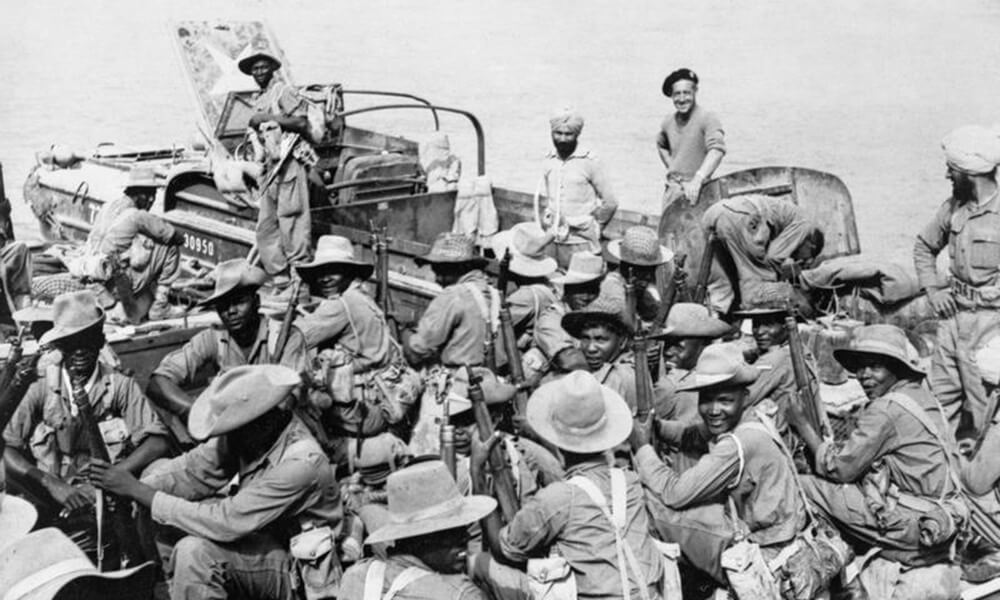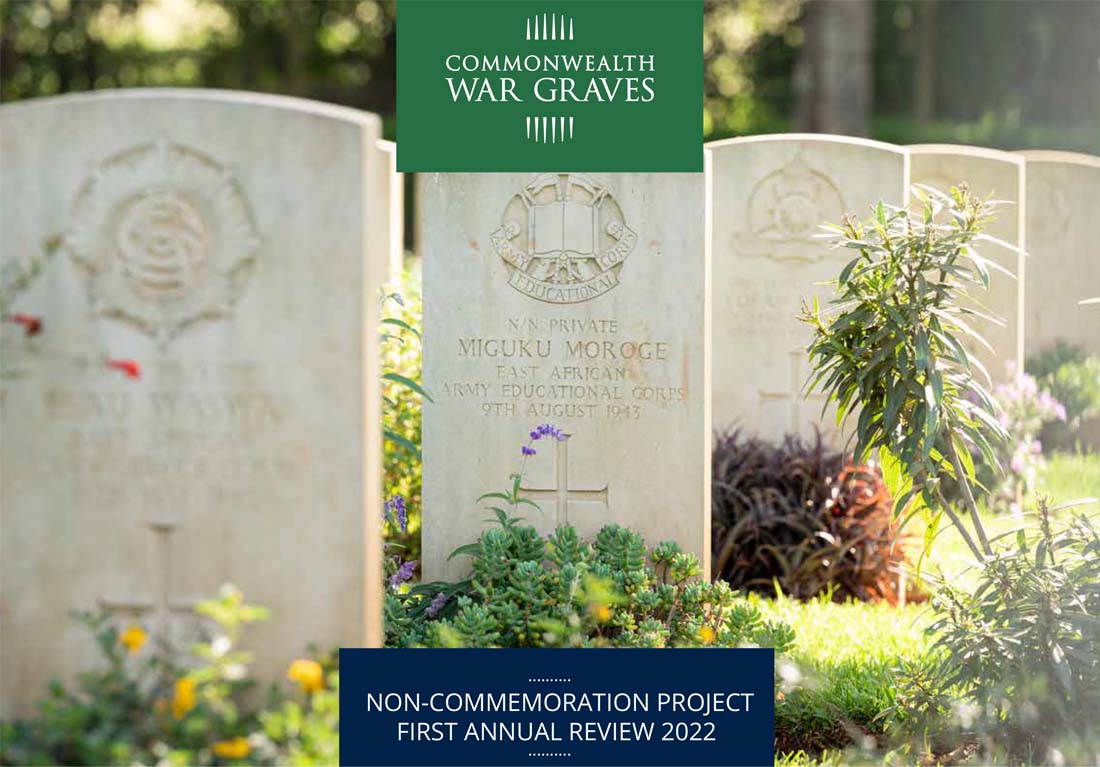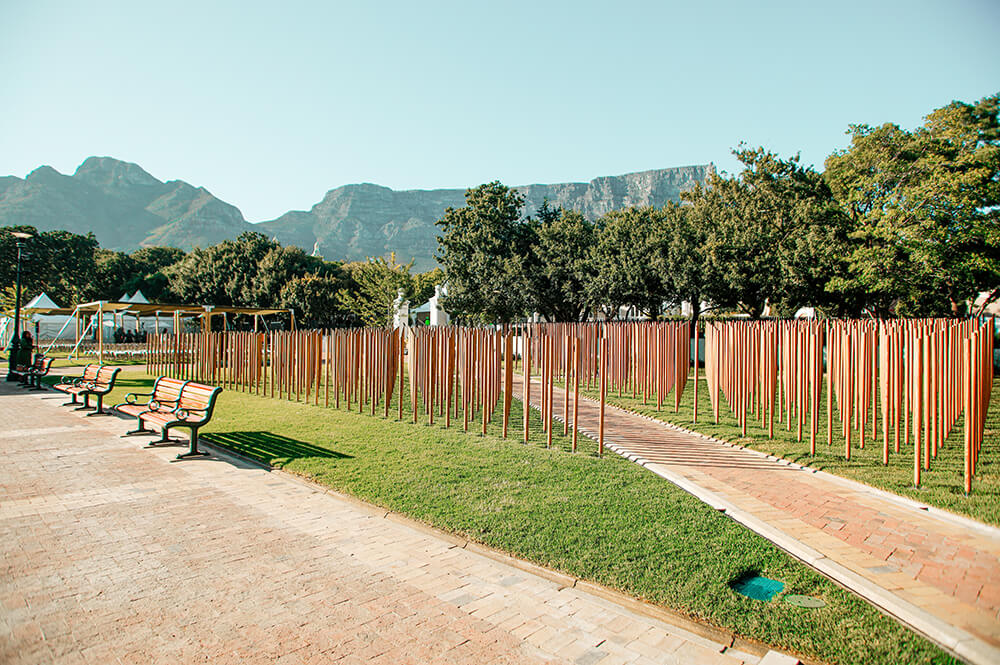
The 2025 report and our response
In April 2021, we published a report produced by a Special Committee that explored historical inequalities in commemoration following the end of the First World War.
The first of ten recommendations in that report was for us to continue this research, expanding its reach and scope. This new report explores the commemorative activities of the Imperial War Graves Commission (IWGC) and other organisations during and after the Second World War.
Image: IWM (SE 923)
Drawing on extensive global archival research, the report finds that while no groups were systematically excluded after the Second World War, the then Imperial War Graves Commission (IWGC), operating within the British imperial system, delivered unequal outcomes for some of the war dead.
The IWGC’s stated aim was to uphold equality in death for all casualties, however this report demonstrates how, at times, the organisation pursued different priorities which had the effect of delivering forms of unequal treatment.
Unequal outcomes for some African and Indian personnel
- The remains of thousands of African servicemen were left in temporary or battlefield graves instead of permanent cemeteries. While following advice from colonial administrators about religious and cultural objections to exhumation (moving remains), and by trying to limit the number of cemeteries under its care, the IWGC potentially abandoned as many as 7,500 African graves.
- Up to 1,200 Muslim Indian soldiers were left in battlefield due to a short-lived British Indian Army ruling against exhumation, a decision that was later reversed following IWGC objections.
- Additionally, and at the request of the British Indian government, over 32,000 Indian army casualties were commemorated on paper scrolls, instead of stone or bronze.
Lack of family engagement
- Unlike families from the UK, those from India and African colonies were not sent Final Verification Forms, and therefore not given the opportunity to confirm details of their loved ones, or request personal inscriptions on their headstones.
Incomplete records
- Civilian war deaths for the British Empire were under-reported, particularly outside the UK.
- This issue was most prevalent in territories that were fought over or occupied, where the scale of loss was never fully recorded.
Alongside the report, the we have published a response plan, that sets out key conclusions and recommendations, and the actions being taken to address them.
This action plan is being delivered through a dedicated global programme, already active across multiple regions to redress historical inequalities in commemoration for those killed during the World Wars. It forms part of the CWGC’s core responsibility to maintain the global commemoration landscape – shaping how the world honours its war dead today and for the future.

These regular reports show the progress made across the last five years as we've worked to implement the findings and recommendations of the 2021 report.
Non-Commemoration reports
Discover our projects in South Africa and Cape Town. A direct result of the work of the Special Committee, these memorials provide commemoration to African fallen of WW1 who have no known grave.
Fitting memorials
